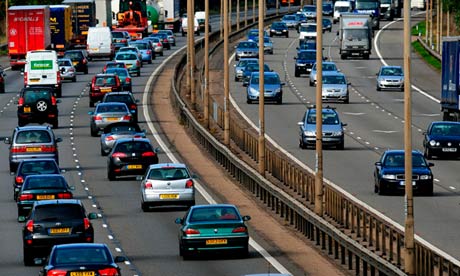By Bruce McVean, at Movement for Liveable London
Cities have always been shaped bytransport, while the planning and design of cities impacts on transport choices. The first cities were inherently walkable – the primary mode of transport was people’s feet and cities were necessarily compact in size and form as a result.
Public transport allowed cities to grow well beyond a size that would allow a person to comfortably walk from one side to the other. The expansion of train, tram, bus and tube lines helped suburbia spread, but the component parts of suburban growth remained walkable – homes needed to be within walking distance of train stations, tram stops, bus routes, shops and services. Today we’d say that cities were expanding through ‘transit orientated development’.






Comments